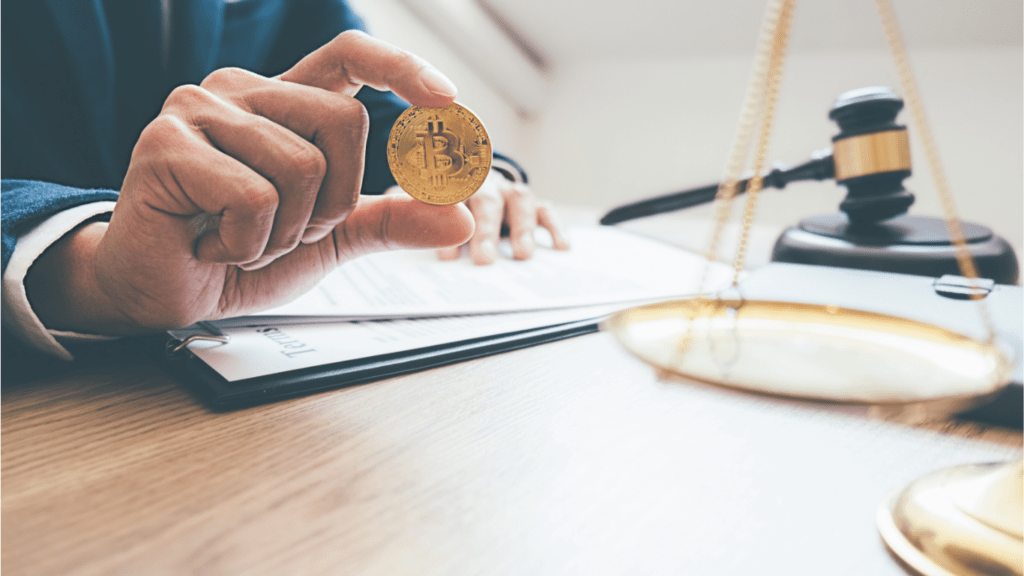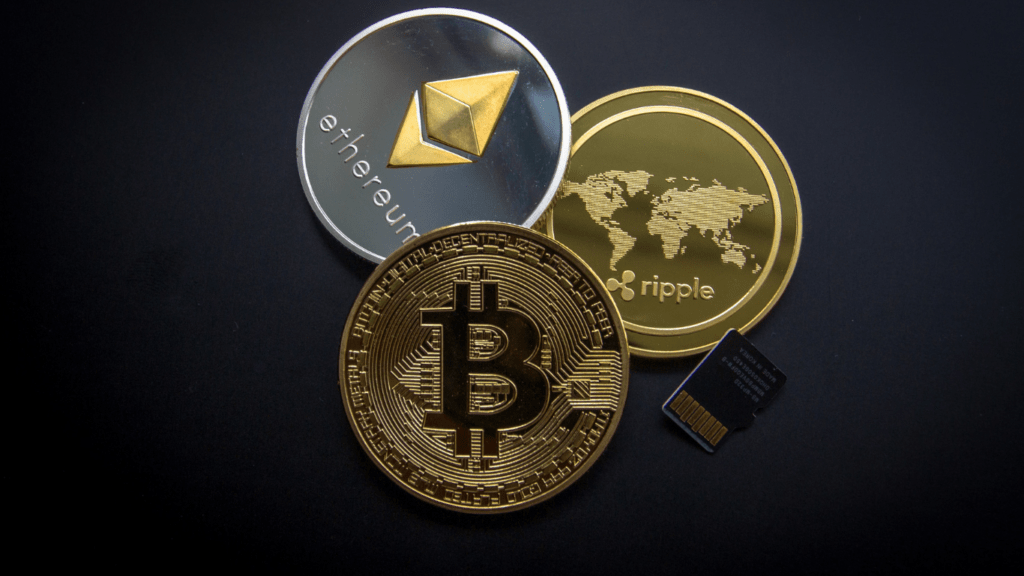Understanding NFTs
An NFT (Non-Fungible Token) represents a unique digital item verified through blockchain technology. Unlike cryptocurrencies such as Bitcoin or Ethereum, NFTs are indivisible and unique. This uniqueness and indivisibility make each NFT distinct, whether it’s digital art, music, virtual real estate, or other digital assets.
NFTs operate on blockchain platforms, most commonly Ethereum. The blockchain ensures authenticity and ownership. When someone buys an NFT, they gain proof of ownership and a transferable asset that can be sold or traded on various platforms. This proof of ownership is essential as it distinguishes digital creators from mere digital replicators.
NFTs also integrate smart contracts, which are self-executing contracts where the terms of the agreement are directly written into code. These contracts enable features like royalty payments, ensuring artists receive compensation when their work is resold. This automatic enforcement helps creators maintain control and get ongoing rewards from their original works.
Understanding NFTs means acknowledging the complexity of digital ownership and blockchain technology. It involves recognizing the difference between owning a digital asset and merely having a copy of it. This distinction is crucial for both buyers and sellers navigating the NFT marketplace.
Key Legal Issues in NFT Transactions
Navigating the world of NFTs requires a solid understanding of several key legal issues. Knowing these can protect both buyers and sellers in the market.
Intellectual Property Rights
Intellectual property rights often become contentious in NFT transactions. When purchasing an NFT, I don’t usually obtain the copyright of the work. If I buy a digital artwork, for instance, I own the token representing it but not the exclusive rights to use, reproduce, or distribute the actual artwork.
Artists and creators should ensure they clearly state what rights are transferred with the NFT, and buyers need to know what they’re actually getting. A well-prepared copyright notice can clarify these aspects and prevent legal disputes.
Contractual Agreements
Contractual agreements define the terms between parties in NFT dealings. When I buy or sell an NFT, a smart contract automatically executes the transaction conditions on the blockchain.
These contracts often include:
- terms for payment
- royalties
- ownership transfer
It’s crucial to understand every clause in these digital contracts, as they enforce compliance and legality. A thorough review can help identify any ambiguities or unfavorable terms, ensuring both parties are legally and financially protected.
Fraud and Scams
With the rise in NFT popularity, fraud and scams have become significant concerns. Fake or misleading listings can deceive buyers. If a fake NFT representing a renowned artwork is sold, the buyer may lose their investment.
Verifying the authenticity of both the NFT and the seller is essential to avoid these pitfalls. Platforms and marketplaces often provide verification tools, but I must remain vigilant and conduct due diligence before any transaction. Knowing the signs of potential scams can safeguard my investments and ensure legitimate participation in the NFT market.
Regulatory Landscape
Navigating the regulatory landscape of NFTs (Non-Fungible Tokens) involves understanding the various legal requirements across jurisdictions. This section covers the key aspects of NFT regulations in the US and worldwide.
US Regulations
In the US, the regulatory environment for NFTs is evolving as authorities like the Securities and Exchange Commission (SEC) and the Commodity Futures Trading Commission (CFTC) assess how existing laws apply to NFTs.
The SEC may classify some NFTs as securities depending on their characteristics. If an NFT meets the Howey Test, where there is an investment of money in a common enterprise with an expectation of profits predominantly from others’ efforts, it could be regulated as a security. Sellers and marketplaces must comply with securities laws and provide disclosures to protect investors.
The Internal Revenue Service (IRS) treats NFTs as property for tax purposes. Sellers must pay capital gains tax on the sale of NFTs, and buyers might owe use tax depending on their state’s regulations. Marketplaces might need to collect sales tax on transactions. Compliance with anti-money laundering (AML) and know your customer (KYC) requirements is crucial for platforms facilitating NFT transactions to prevent illicit activities.
International Considerations
Internationally, NFT regulations vary significantly. In Europe, the European Union (EU) is working on the Markets in Crypto-Assets (MiCA) regulation, which could impact NFTs if they’re classified under crypto-assets. MiCA aims to create a harmonized regulatory framework across EU member states, addressing transparency, consumer protection, and market integrity.
In Asia, countries like Japan and Singapore have established clear guidelines for digital assets, including NFTs. The Financial Services Agency (FSA) in Japan classifies NFTs under the Payment Services Act, regulating their issuance and transactions.
Singapore’s Monetary Authority (MAS) defines NFTs as digital tokens under the Payment Services Act, subjecting them to AML and KYC rules to counter financial crime.
Understanding these varying regulations helps buyers and sellers navigate the complexities of international NFT transactions and ensures compliance with local laws.
Due Diligence for Buyers
Navigating the world of NFTs requires careful scrutiny. Buyers must conduct diligent research to avoid potential pitfalls.
Verifying Authenticity

For buyers, verifying the authenticity of an NFT is crucial. Blockchain technology records each transaction, making it easier to trace the NFT’s history. Use platforms like Etherscan to check the token’s authenticity and ownership lineage.
Confirm that the NFT’s metadata matches the creator’s claims. Investigate the creator’s reputation by reviewing their previous works and community feedback. Reputable marketplaces often offer verification marks which add another layer of credibility.
Understanding Terms and Conditions
- Thoroughly read and understand the terms and conditions associated with the NFT purchase. These may include usage rights, resale restrictions, and royalty structures.
- Platforms like OpenSea detail these agreements in their listings.
- Pay attention to any licensing terms that dictate how the NFT can be used or displayed.
- Be aware of intellectual property implications and ensure the seller has the right to transfer the asset.
- Legal consultations might be necessary to fully grasp complex agreements.
Best Practices for Sellers
To successfully navigate the NFT market, sellers need to understand several key elements. This section covers important practices to protect one’s interests and ensure legal compliance.
Protecting Intellectual Property
Creators must safeguard their intellectual property (IP). Register copyrights to protect your artistic work. Use platforms like the U.S. Copyright Office to secure necessary rights before minting an NFT.
Monitor blockchain records regularly to ensure no unauthorized copying or reuse of digital assets. Legal action may be required if infringement occurs, so keep detailed records from the time of creation, including original files and proof of creation dates, as evidence.
Mitigating Legal Risks
Legal risks exist in NFT transactions, so addressing them proactively is essential. Draft clear terms of sale, outlining usage rights and transfer conditions. Include limitations on commercial use to prevent unauthorized merchandise or adaptations.
Use smart contracts to automate royalty payments, ensuring continued revenue and reducing disputes. Collaborate with legal professionals to tailor these documents and smart contracts, aligning with specific needs and jurisdictional requirements. Regularly review and update agreements to adapt to evolving legal frameworks.



 Chief Content Strategist & Unique Author
Paulo Okellyansy is the Chief Content Strategist responsible for curating and managing the platform’s editorial direction. With an in-depth knowledge of cryptocurrency markets and digital finance, Paulo crafts engaging, informative content that resonates with both newcomers and seasoned crypto enthusiasts. His ability to simplify complex topics and identify emerging trends has helped position the website as a go-to resource for cryptocurrency insights.
Chief Content Strategist & Unique Author
Paulo Okellyansy is the Chief Content Strategist responsible for curating and managing the platform’s editorial direction. With an in-depth knowledge of cryptocurrency markets and digital finance, Paulo crafts engaging, informative content that resonates with both newcomers and seasoned crypto enthusiasts. His ability to simplify complex topics and identify emerging trends has helped position the website as a go-to resource for cryptocurrency insights.
